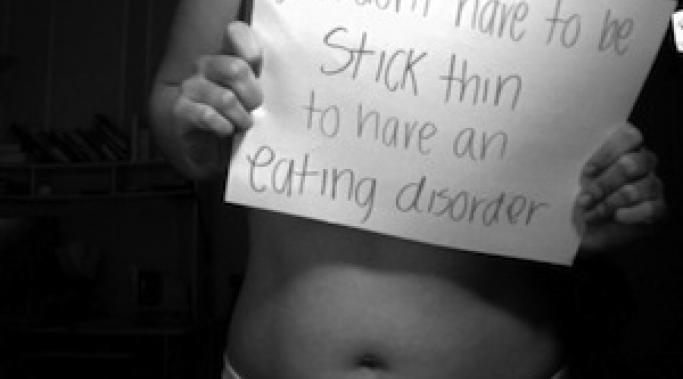Blogs
I know. I know. You might be thinking, "Is she serious? I did not lose my entire memory!" Yes, I am serious and I will work to explain why.
It’s that time of the year again…the 90 plus days that are the bane of existence for most adults with ADHD.
Yes, I’m talking about tax season - when all of our best intentions from the year before can either feel like our saving grace or plunge us into weeks of despair. For whatever reason, taxes seem to combine all of the struggles of ADHD into one fell swoop.
Last year, I shared the common experience of “a week with adult ADHD” to show how even the best of intentions can lead to chaos, putting out fires, procrastination and barely making deadlines.
This year, in the midst of tax season, my thoughts turn to the ADHD challenges that make meeting deadlines so difficult to meet.
As I mentioned in my post during National Eating Disorders Awareness Week, over half of eating disorders in the United States are diagnosed as "Eating Disorder - Not Otherwise Specified" or ED-NOS. It's a tricky thing to pin down, ED-NOS is. The manifestation of this eating disorder is as varied as its many sufferers and carries a stigma and set of problems all its own.
So if I'm diagnosed with ED-NOS - what the heck does that even mean? What does it mean for my recovery? What does it mean for my access to eating disorder treatment?
Insecurity is one of the most cunning and inhibiting ways our minds keep us from developing healthy self-esteem. It’s like a game our ego plays on us to go down the rabbit hole of negative thinking, making it seem almost impossible to get out. When unnoticed or part of our everyday repertoire, insecure thoughts no longer become an occasional lack in self-confidence, they turn into a way of life. Insecure feelings often leave one more inhibited in their life. Negative beliefs can snowball into avalanches, contributing to low self-esteem, anxiety and depressive thoughts.
Getting from anxiety to adventure is not a very far leap, even though it may seem to be.
Looking at things from different angles give us different meanings of the same event. The meanings we give these events make all of the difference in how we feel and think about ourselves and the world.
Though I write a blog on Schizophrenia, I have no clinical experience on the subject. In fact, I have rarely spoken with someone suffering from the same debilitating condition which I am afflicted with. I can only remember a few times that I had a conversation with someone who was actively psychotic. One of these occurred at a local coffee shop in the heart of Cincinnati several months ago when a man walked in with tattered, unwashed clothes and sat down on a stool next to mine. He was convinced that he was Superman and that Republicans were following him and putting ideas in his head. Even to me, these ideas seemed particularly bizarre and I almost laughed. Yet I could not help but realize that I, myself, could have easily succumbed to a similar fate if it was not for the medical attention and care I have received throughout the years.
Recent developments in the field of neuroplasticity prove how your brain is hardwired and genetically designed to heal, change and rewire itself after all types of traumas, including brain injury and stroke. Research also explains very explicitly how your brain changes, which means it also illustrates how you can collaborate with your brain and support it's posttraumatic growth and development.
Last week, I wrote about self-care, or taking care of you while caring for your child, and why it is so important to your child's well-being as well as your own. Many times, we parents leave ourselves for last while caring for our children.
In a culture as deeply superficial as ours it is often difficult to tell the authentic from the false.
It is easy to sympathize with the phonies, poseurs, affected wannabe’s and disingenuous empty vessels passing off pilfered ideas as original, skating past any serious analysis or criticism by others as an ant might slide across a non-stick sauce pan slathered with extra virgin olive oil.
Their dilemma is not unfamiliar. How does one stand out in an atmosphere of mass homogenization where, thanks to the constant recycling of mediocre ideas discarded by others, we are reduced to virtual clones, unable to generate anything original or even recognize originality in others?
Misconceptions and myths about mental health therapy abound and sadly keep many people from getting the mental health help they want and need. For some of these mental health therapy myths and the reasons behind them, read ahead.









